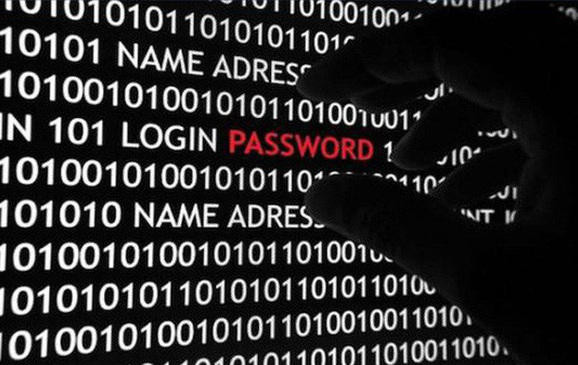1.4 billion accounts exposed, Vietnamese users advised to change passwords
In total, more than 41GB of data, representing an estimated 1.4 billion email accounts and passwords worldwide, has been leaked.
VNCERT said that through monitoring incidents in cyberspace, VNCERT has recorded a large number of email accounts and passwords that have been leaked worldwide from social networks and online services such as: Bitcoin, Pastebin, LinkedIn, MySpace, Netflix, Last.FM, Zoosk, Badoo, RedBox...
In total, more than 41GB of data, estimated at 1.4 billion email accounts and passwords worldwide, were leaked. Of which, VNCERT analyzed and discovered that the number of email accounts in Vietnam with the suffix ".vn" was 437,664, including 930 email accounts of state agencies with the suffix "gov.vn" and many email accounts of corporations and enterprises of Vietnam's important infrastructure.
 |
According to the National Incident Response Coordination Agency, the disclosure of email account information and passwords will create conditions for hackers to use those accounts and passwords to probe information and log into many information systems. If successful, hackers will take over the accounts and use them to attack, steal and destroy information systems and data.
Faced with the risk, VNCERT has requested units and recommended users nationwide to urgently check and review the system, strengthen password policies and multi-layer authentication solutions; change passwords for login accounts; and not use the unit's email to register personal accounts for use on social networks and online services.
"The leakage of email account information and passwords creates dangerous risks. VNCERT recommends that units and users take serious measures to ensure cyber security," VNCERT's dispatch emphasized.
Vietnam lost 540 million USD due to virus
The above results were released from a cyber security assessment program conducted by Bkav in December 2017. The level of damage in Vietnam has reached a record in recent years.
The overall picture of cybersecurity in Vietnam over the past year also included hot spots: increased attacks on IoT devices, the latest biometric technologies being continuously bypassed, the explosion of fake news, and cryptocurrency mining malware.
Regarding the 2018 trend, Bkav said that it will continue to be a year that witnesses the explosion of malware attacks aimed at illegal profiteering such as ransomware, cryptocurrency mining malware, etc.
According to Bkav, in addition to spreading malware to create a botnet network to mine virtual currency, hackers will also target direct attacks on virtual currency exchanges.
Currently, most virtual currency exchanges do not have guarantees from governments, so if an attack occurs, exchange participants will bear all risks and lose money.
Facebook continues to be a fertile ground for scams and fake news. Attacks on IoT devices will tend to install spyware, carry out politically-motivated APT attacks.
According to Young Knowledge
| RELATED NEWS |
|---|


